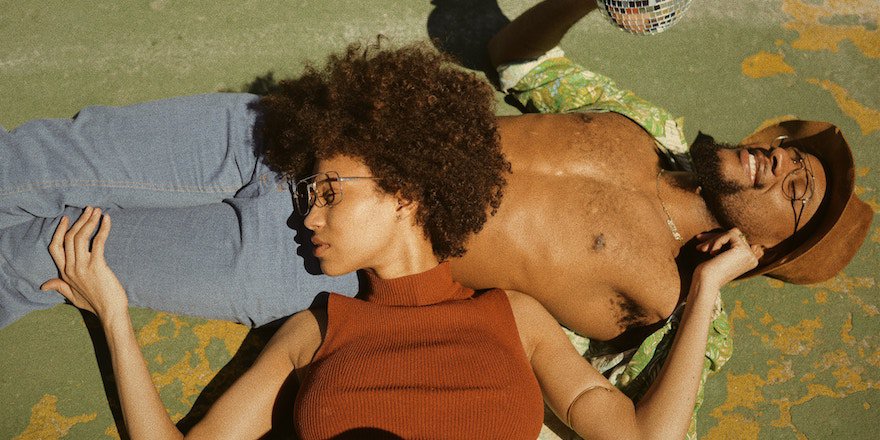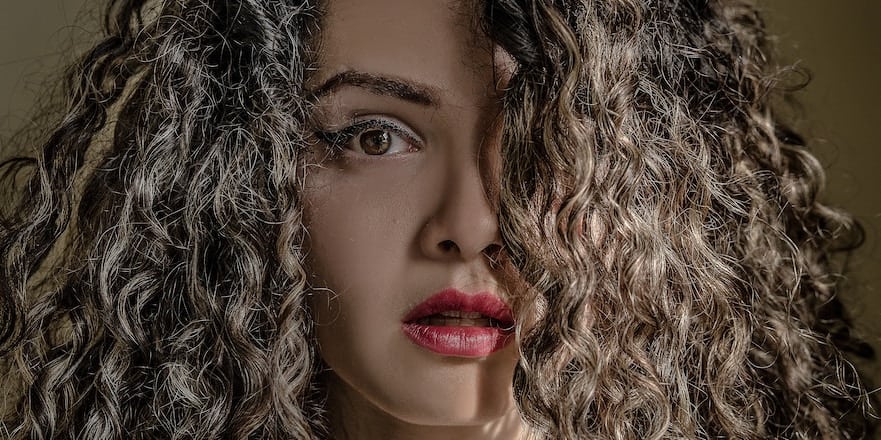On average, we lose between 50 and 150 hairs per day. This is the normal hair cycle coming to an end: nothing to worry about.
But if your shower drain fills up with hair faster than usual, your hair density decreases, or certain areas on your scalp start thinning, you are likely experiencing excessive hair loss.
Genetic alopecia factors leading to baldness, hormonal imbalances (menopause, pregnancy, postpartum), exposure to pollution, UV rays, and chemicals are very common causes.
But nutritional deficiencies in vitamins, minerals, or proteins can also be responsible for this accelerated hair loss, as indicated in this study.
If the hair loss is too significant, do not hesitate to contact a healthcare professional to analyze any underlying cause.
Also read | The best dietary supplements against hair loss according to a pharmacist
1. Vitamin B12
Cobalamin participates in the production of red blood cells and the oxygen transport to hair follicles. By improving blood circulation, it keeps them healthy and promotes their growth.
Where to find it? Offal and fatty fish are the best sources of vitamin B12.
2. Vitamin B7
Biotin is reputed for stimulating keratin production, this protein that coats the hair fiber, making it stronger, thus reducing the risk of hair loss.
Where to find it? Eggs, fish, nuts, and seeds contain significant amounts.
3. Vitamin B9
Folates, or folic acid, are important in cell renewal mechanisms. By acting in this way, vitamin B9 prevents hair breakage and loss.
This study has shown that a folic acid deficiency was involved in hair loss following bariatric surgery.
Where to find it? Legumes, but especially leafy green vegetables like spinach, watercress, and lettuce, are well stocked with it.
Also read | Pharmacist’s advice before buying folic acid
4. Vitamin B2
Riboflavin is an essential protein for cell growth, notably for scalp cells. A deficiency can therefore lead to premature hair loss.
Where to find it? In meat, dairy products, but also in legumes, cereals, and leafy green vegetables. In short, sources are plentiful.
5. Vitamin B3

Without a detailed understanding of niacin’s mechanisms of action for hair, a deficiency in this vitamin has been associated in this study with various disorders including hair loss.
Where to find it? Feel free to include meat, fish, and leafy green vegetables in your diet to benefit from it.
6. Vitamin A
Vitamin A, which is notably found as retinol, actively participates in the cell renewal of the skin and hair, as highlighted in this publication.
Not only does it have antioxidant properties, but it also regulates the stem cells of the hair follicle, directly influencing the hair cycle.
Vitamin A also promotes sebum production in the skin and scalp. And no, this is not negative, as it protects the hair fiber from breakage and dryness.
Where to find it? Put carrots, spinach, dairy products, or liver on your plate. And be careful not to overdose.
7. Vitamin C
Vitamin C is one of the most well-known antioxidant molecules. It helps combat oxidative stress that accelerates hair aging and loss. I recommend reading this study for more information.
By participating in collagen synthesis, it indirectly strengthens hair follicles, reducing the fragility of the hair fiber.
Where to find it? Although advanced VItamin C deficiencies are rare, be sure to load up on citrus fruits, kiwi, peppers, or spinach every day.
8. Vitamin D
Vitamin D is involved in several signaling pathways for the growth and differentiation of hair follicles.
A deficiency is notably associated, according to this review I found, with various types of alopecia.
Nevertheless, scientific studies are not yet advanced enough to show that a vitamin D supplementation can solve the issue.
To avoid a deficiency, expose yourself (in moderation, and always protected) to the sun.
Where to find it? Include fatty fish, eggs, fortified dairy products, as well as mushrooms in your weekly menu.
9. Vitamin E
Vitamin E works to prevent hair loss essentially thanks to its antioxidant benefits.
It fights against free radicals and oxidative stress to limit the premature aging of your beautiful mane.
Where to find it? Opt for nuts, seeds, avocados, vegetable oils, that is, foods high in good fats.

In addition to vitamins, essential minerals
Because yes, vitamins are often closely followed by minerals and trace elements, essential for the functioning of the body, as indicated in this study.
- iron transports oxygen and plays a crucial role in blood circulation, a decrease in this mineral can lead to hair loss due to lack of oxygenation.
- zinc allows for the growth and repair of tissues, including hair follicles.
selenium plays a major antioxidant role and protects scalp cells from oxidative stress. - silica structures hair and contributes to its strength. A deficiency leads to fragility, increased breakage, or even loss.
However, before supplementing with minerals, ensure you actually have a deficiency.
Indeed, an overdose can be just as harmful to your hair and health. Therefore, perform biological tests first if you can.



